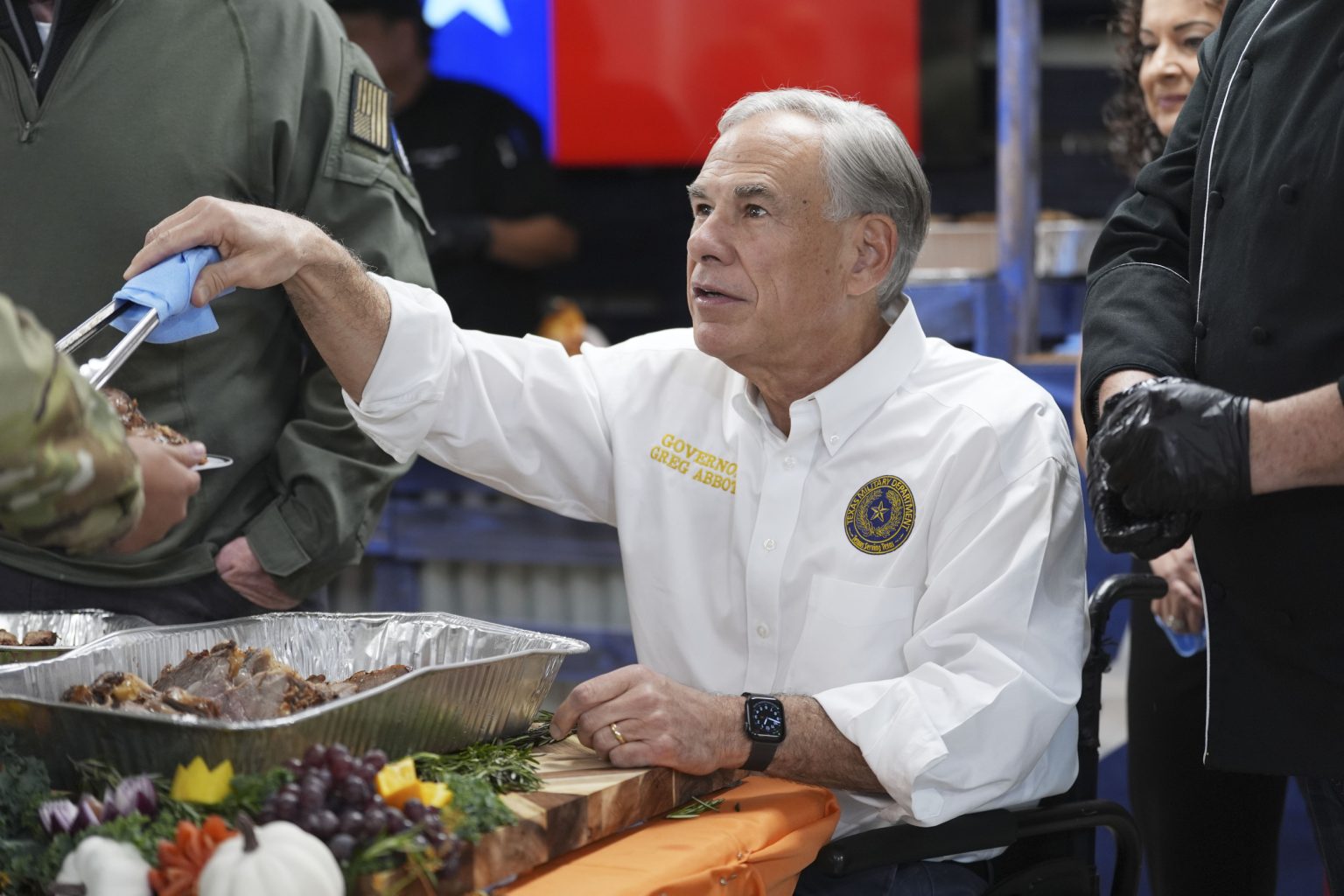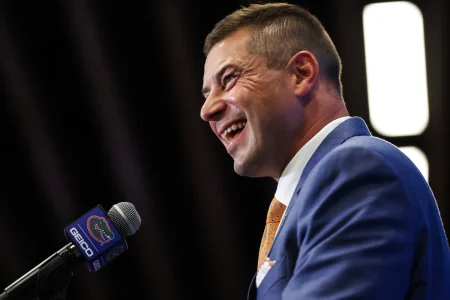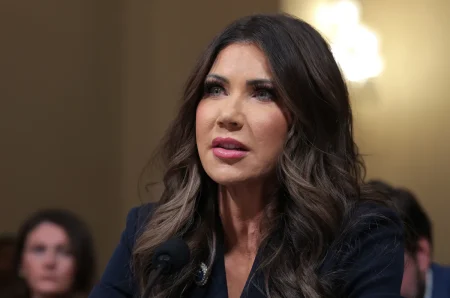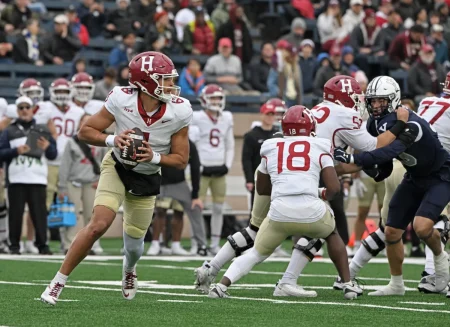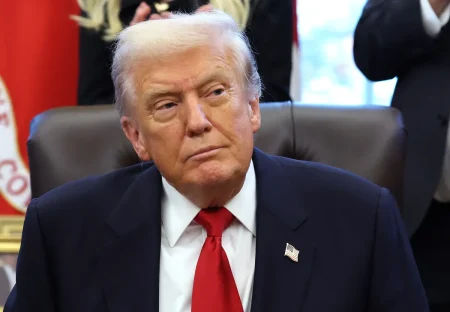Texas Governor Greg Abbott has championed his state’s border security efforts as a national model, emphasizing Operation Lone Star, a controversial initiative launched in 2021. Abbott credits the operation with significant reductions in illegal crossings, citing over 527,600 apprehensions, 49,000 criminal arrests, and the seizure of over 573 million lethal doses of fentanyl. He contrasts these figures with what he perceives as the federal government’s inadequate response to border security, framing Operation Lone Star as filling the gaps left by federal inaction. A key component of this strategy involves busing migrants from Texas to sanctuary cities across the country, a practice Abbott argues is a consequence of the federal government’s inability to manage the influx of migrants. He maintains that these measures are necessary to protect Texans and the nation from the consequences of an open border.
Operation Lone Star has been the subject of ongoing legal disputes between Texas and the Biden administration. The focal point of contention revolves around the construction of physical barriers along the border, including razor wire fences and floating buoys in the Rio Grande. The Justice Department has challenged these measures, arguing they impede federal border patrol activities and endanger migrants. Conversely, Abbott defends these tactics as essential deterrents to illegal crossings, citing a decrease in apprehensions as evidence of their effectiveness. This legal battle underscores the broader conflict between state and federal authority over border security, highlighting the differing approaches to immigration enforcement.
The installation of razor wire fencing along the Texas-Mexico border has been particularly contentious. Federal courts have ruled in favor of the federal government’s authority to remove the wire, while the Fifth Circuit Court of Appeals subsequently ruled that the wire could remain as long as federal agents have access to both sides. This legal back-and-forth reflects the deep divisions over the legality and efficacy of these physical barriers. Human rights groups and immigration advocates have condemned the use of razor wire, citing concerns about the safety and well-being of migrants attempting to cross the border. Abbott, however, remains steadfast in his commitment to these measures, viewing them as crucial components of a comprehensive border security strategy.
The busing of migrants to sanctuary cities has further fueled the political debate surrounding border security. Abbott defends this practice as a necessary response to the overwhelming number of migrants arriving in Texas, arguing that it distributes the burden to cities that have declared themselves welcoming to immigrants. Critics, however, denounce this policy as a political stunt, accusing Abbott of using migrants as pawns in a larger political game. They argue that the busing program fails to address the root causes of migration and instead exacerbates the challenges faced by both migrants and the cities they are transported to.
With the upcoming change in presidential administration, the future of border security policy remains uncertain. President-elect Trump has signaled a return to stricter immigration enforcement, echoing many of the policies implemented during his first term. He has pledged to increase deportations, enhance border security measures, and work closely with border states like Texas. This alignment between Abbott and the incoming administration suggests a potential shift in the federal-state dynamic on border security, potentially leading to greater collaboration and less legal conflict.
The ongoing debate surrounding Operation Lone Star highlights the complex and multifaceted challenges of immigration and border security. The differing perspectives on the effectiveness and ethical implications of the program reflect the broader political divisions within the country. As the new administration takes office, the future of border security policy will undoubtedly continue to be a topic of intense discussion and debate, with Texas remaining at the forefront of this national conversation.




